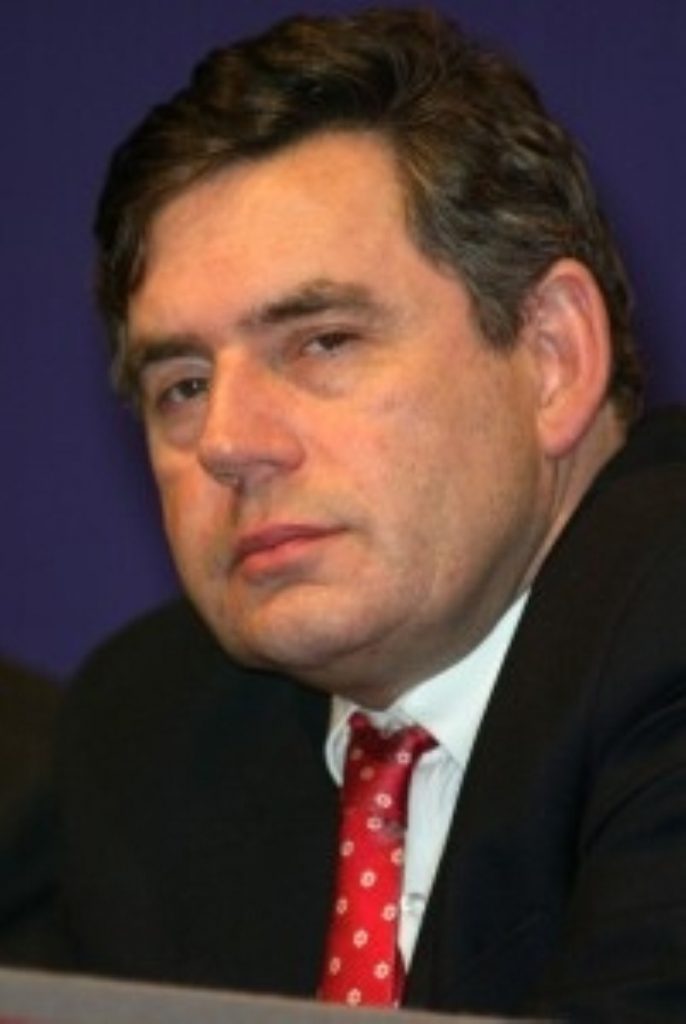Brown faces unprecedented vote of no confidence
The chancellor Gordon Brown is facing a vote of no confidence over his decision to scrap the tax relief on pension funds in 1997.
The Conservatives have tabled the motion as part of an opposition day debate on pensions and argue the highly unusual move is necessary to “call Mr Brown to account” over his handling of pensions funds.
It is the first time the chancellor has been questioned by MPs on the issue since it was alleged he had ignored officials’ advice warning him against abolishing the tax relief. Treasury documents released under the Freedom of Information Act appeared to show Mr Brown had discounted warnings against the move.
“This is Gordon Brown’s chance to explain why he sought to hide the dangers of his reckless raid on pensioners’ savings,” said George Osborne, the shadow chancellor


He continued: “After the revelations about the raid, how can anyone have confidence in his judgment? We shall see if the Chancellor has the political courage to apologise to the millions of pensioners affected.”
With a Labour majority in the Commons, it is almost certain Mr Brown will survive the vote, but it is an unwelcome move as he prepares to launch his bid for Number Ten.
It is the first time Mr Brown has faced such a vote during his ten year tenure as chancellor.
Meanwhile, Mr Brown is under pressure after the latest figures show consumer price inflation has risen to 3.1 per cent, above the Bank of England’s target of two per cent.
The bank’s governor Mervyn King has been forced to write to Mr Brown, explaining the unwelcome rise. It is the first time he has had to do so under Mr Brown’s chancellorship.
Mr Brown’s defenders have traditionally credited him with fostering a strong UK economy in the face of any criticism, a defence which many will see as weakened by the latest economic readings.
During his monthly press conference today, the prime minister Tony Blair defended his chancellor’s record on the economy, describing his inflation record as “superb”.
“Name me a better chancellor since the second world war of this country,” Mr Blair told reporters.
“He’s produced the longest period of economic growth, interest rates half of what they were, two and a half million more jobs, unemployment cut dramatically, massive investment in public services.”












